About Transgender People: Answers To Your Most Wanted Questions
With the world undergoing constant evolution and defying convention, there should be mutual respect and an ability to see another’s perspective across the board, especially about transgender people.
As different identities become recognized globally, it becomes necessary to understand transgender people to create an inclusive environment.
The primary goal of this guide is to shed light on some common yet intriguing queries that surround trans people to create understanding and compassion.
Let’s uncover myths about transgender experiences and look at the subtleties that characterize gender identities.
We aim to educate and build polite arguments based on the complexities of transgender transitioning, pronouns, and politics.
With this, we hope to help fill in the knowledge gap by answering some important questions concerning the issues surrounding human diversity and help create a better understanding and more sympathetic society for it.
How Many Transgender People Are There in The World Today? What Is Their Situation?
It is difficult to precisely estimate the global population of transgender people because of differing definitions and views of gender identity across cultures.
Nevertheless, surveys reveal that there are more than ten million transgender people across the world.
Transgender people experience diverse situations in different geographies and social norms.
Some places have supportive legal frameworks, while others discriminate, negatively impacting their health.
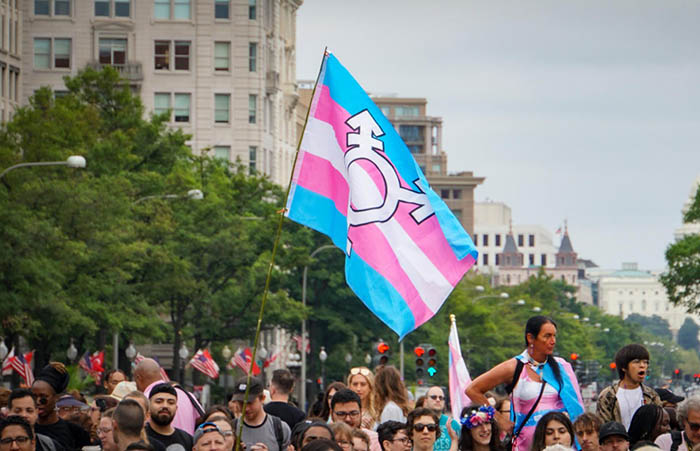
How Can You Tell If You Are Transgender?
The journey of discovering one’s gender identity is deeply personal.
Accepting how you perceive your gender determines understanding your own gender identity.
These include feeling uncomfortable with one’s gender assigned at birth, having an extreme desire to be identified with another gender, and discrepancies between one’s gender identity and physical appearance.
One can do so by looking to friends, family, or professionals for support during this process.
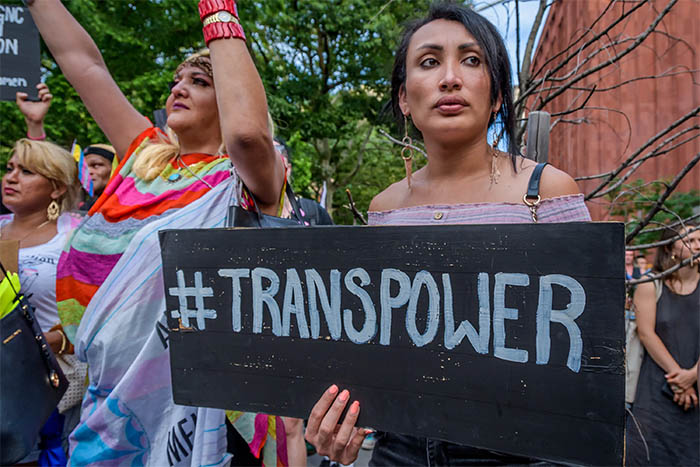
What Processes Do I Need to Go Through to Be Recognized as Transgender By Society?
Social acceptance for people who identify as ‘trans’ or ‘trannies’ differs in each country.
Some areas require legal procedures for changing names or gender markers on identification cards.
In certain regions, advocacy for the rights of transsexuals has become easier because it is only a matter of self-identification without any unnecessary administrative barriers.
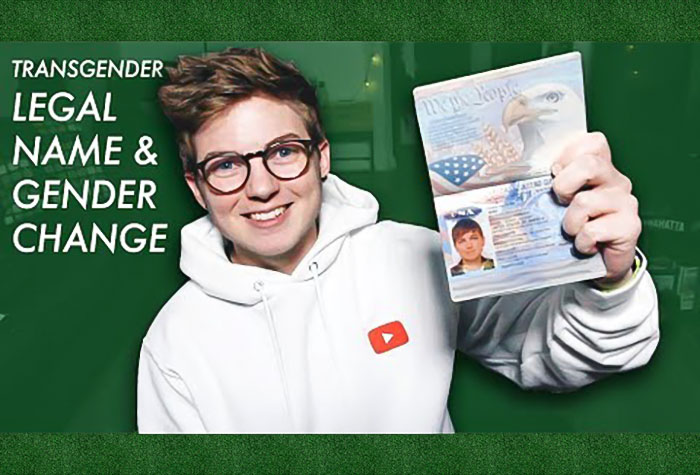
What Is A Gender Recognition Certificate? How Is It Obtained?
The Gender Recognition Certificate (GRC) legally recognizes a person’s gender.
Acquisition procedures for a GRC are different in different parts of the world.
The definition of transgender differs in different countries; for example, there are states where people undergo medical assessment to identify themselves as transgender, whereas others consider that a person’s identification is important.
Getting a GRC is an important stage for a transgendered person who wants legal acknowledgment and safeguarding.
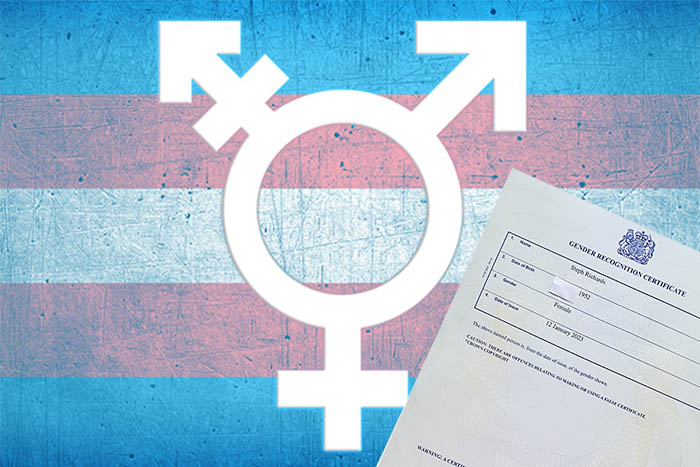
Is Gender Reassignment Surgery Required To Become Transgender?
Unlike the commonly held beliefs, transgenderism does not necessarily require gender reassignment surgery.
Gender identity involves a person’s internal perspective and not necessarily body features.
Transgender people often don’t have sex reassignment surgery. However, it does not mean that their gender identity is any less authentic.
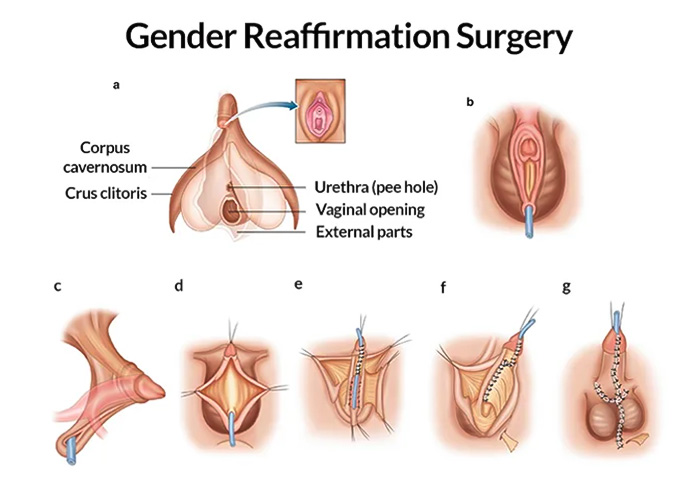
Are Transgender People Always Gay?
While gender identity is one aspect, sexual orientation also has its definition within an individual’s personality.
Just like cis-genders, transgenders also consider themselves heterosexuals, homosexuals, bisexuals, or any of many sexual orientations.
However, it is vital to acknowledge and value the differences that exist within the transgender community.
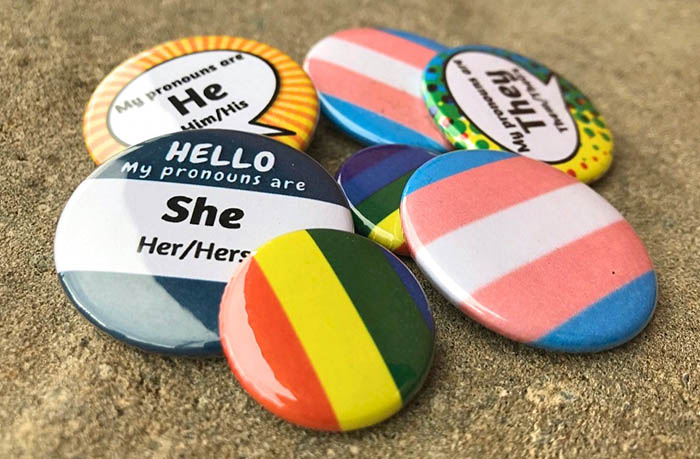
What Public Restrooms Are Transgender People Allowed To Use?
Transgender people have been involved in a dispute about using toilet facilities.
Many places have established accommodative policies enabling people to access services per their gender identity.
Supporters suggest that such policies promote a wider open society, but detractors frequently question the motive for these views by misunderstanding the transgender.
What Does Non-Binary Gender Mean? How Is It Different From Being Transgender?
The term ‘non-binary’ refers to every non-binary gender identity and does not follow the narrow definition of being in a society divided into two genders.
Transgendered refers to a gender identity that does not conform to what an individual was told at birth.
Therefore, some non-binaries are completely outside of the binary or have fluid ideas about their gender.
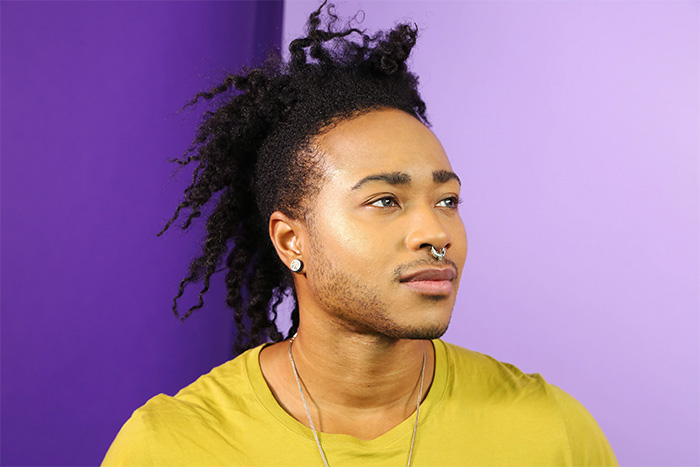
What Are The Types Of Transgender People?
Transgender refers to a broad umbrella that incorporates several genders.
Trans men and trans women are some of them who identify with this term, whereas others identify themselves as gender queers, gender fluids, or gender.
The uniqueness of every identity demonstrates the diversity and intricacy of human existence.
Is Transgenderism A Mental Disorder?
No, transgender is not a mental illness. The American Psychiatric Association dropped a case of Gender Dysphoria as a mental disorder in 2013.
Nonetheless, transgender people may encounter mental health problems that result from social prejudices towards them.
Addressing mental health concerns must be done sensitively.
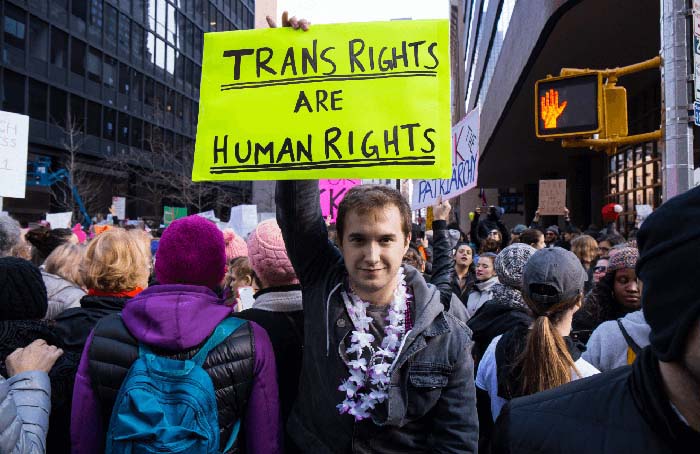
Where Can I Find More Information About Transgender Health, Advocacy, And Human Rights?
Several organizations provide valuable resources for transgender individuals and allies:
American Psychological Association (APA)
APA is one of the major organizations specializing in this area of practice.
They offer resources about mental health, gender identity, and inclusion that are specifically targeted toward supporting transgendered people.
APA provides resources such as guidelines and publications covering psychological perspectives on issues related to the gender experience.
They include information about gender-affirming care, mental health concerns, and how to be more inclusive in your practice.
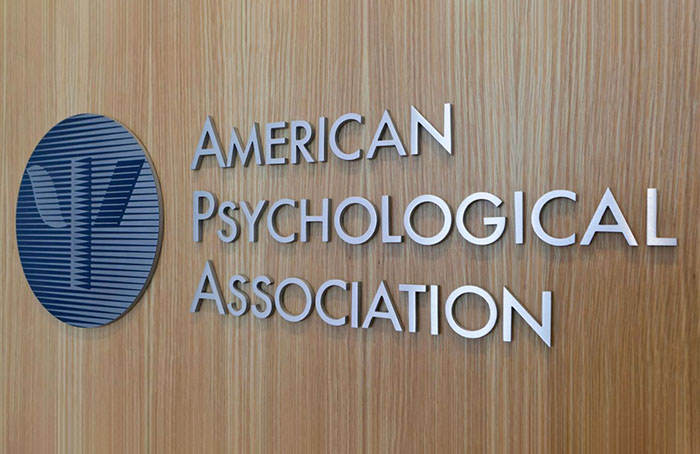
Children’s National Medical Center
It is a specialized medical center specializing in pediatric care, with the sole focus being the welfare of children, including transgender youth.
The specialist helps transgender children and their families with such services.
A guide to transgender health for parents, caregivers, and healthcare providers by the Children’s National Medical Center.
Such guidance focuses on transgender healthcare, psychological support, and specific ways to address special problems of transgender children.
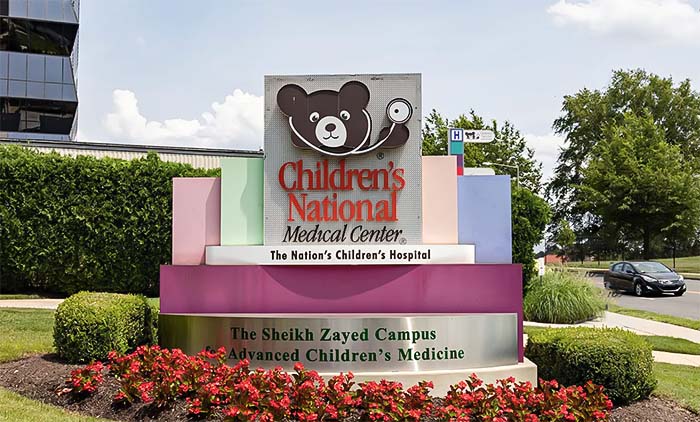
Family Acceptance Project
The Family Acceptance Project is devoted to supporting the health of LGBTQ youth, especially transgender people, by embracing a nonjudgmental approach in their families.
They have guides for families who want to support their transgender children, guides for religious communities, and research-based means of improving family acceptance.
The intention behind these resources is to make family life safer and more tolerant of transgender individuals.
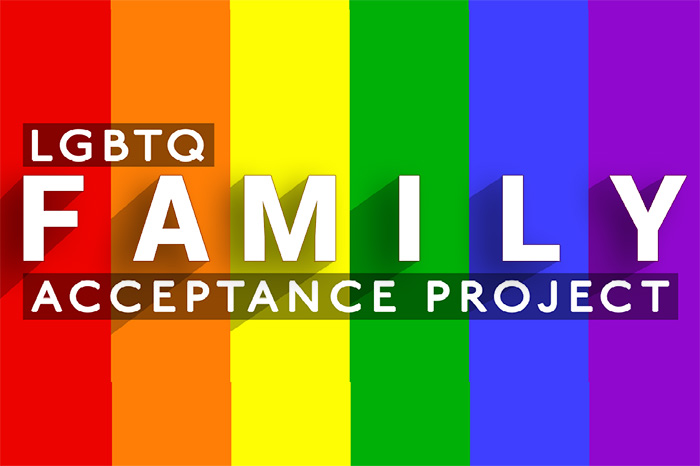
FTM International
The FTM International exclusively supports transgender men all over the world.
Transgender men require special consideration while providing support and avenues for community development.
The FTM International provides information on gender transition, health issues, and community assistance.
These link up transmen throughout the world, enabling them to feel united and share materials with people seeking direction as far as their gender travels are concerned.
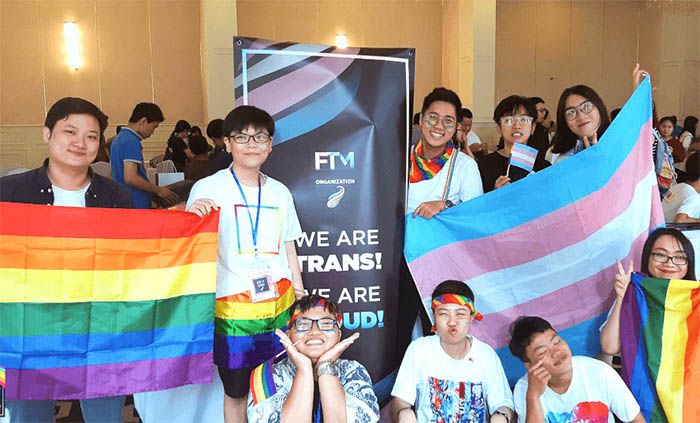
Gender Spectrum
Gender Spectrum strives for a gender-inclusive universe.
The organization and various individuals are educated, trained, and supported towards understanding and responding to gender issues.
The website provides information for family members, teachers, and health professionals at Gender Spectrum.
Their materials span various issues like the development of gender identity in children, fostering inclusive institutions, and providing support to transgender men and women.
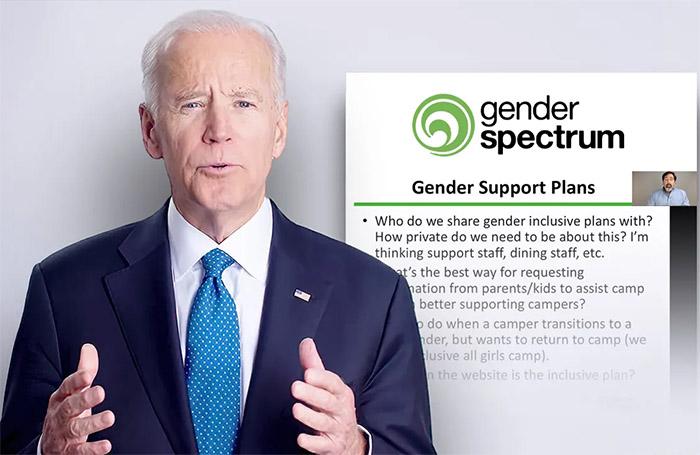
National Center For Transgender Equality (NCTE)
NCTE is one of the major organizations that seeks to advance policies and society’s values in order to promote and safeguard gender minorities.
NCCE has resources on policy advocacy, legal rights, and health care for transgender people.
Research and activism toward promoting equality and fairness among genders led to a wider push for the rights of men who have changed their gender identity.
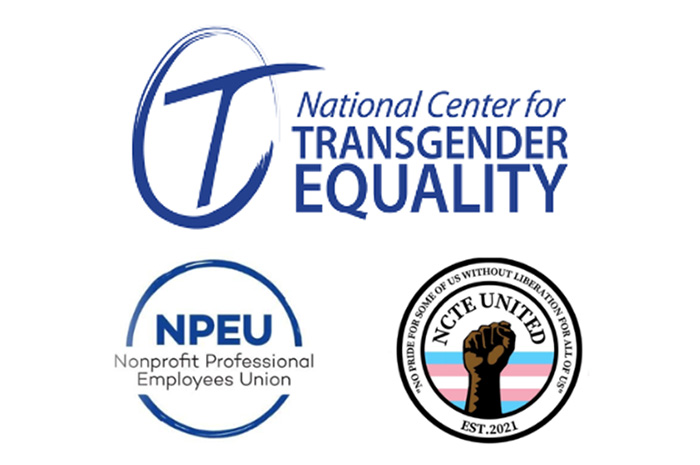
Parents, Families, And Friends of Lesbians and Gays (PFLAG) Transgender Network (TNET)
It’s a recognized institution that fights for LGBTQ+ rights.
PFLAG’s Transgender Network specifically provides support to transgender people and their associates.
The support groups, education materials, and advocacy resources that PFLAG TNET has are the same.
The main goal is to establish a support system for friends, colleagues, and relatives of transgenders.
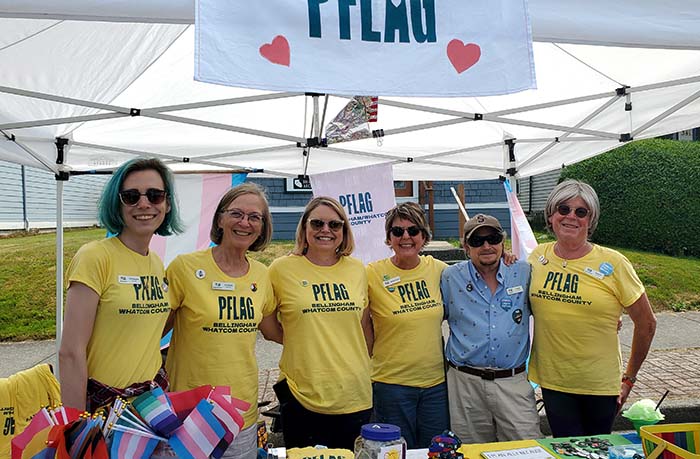
Sylvia Rivera Law Project
The Sylvia Rivera Law Project advocates for the legal rights of transgender, intersex, and gender non-conforming people.
The Sylvia Rivera Law Project offers legal assistance concerning transition records, health coverage, and hate crimes against transgender individuals.
These groups strive to break down structural injustices that disadvantage transgender people.
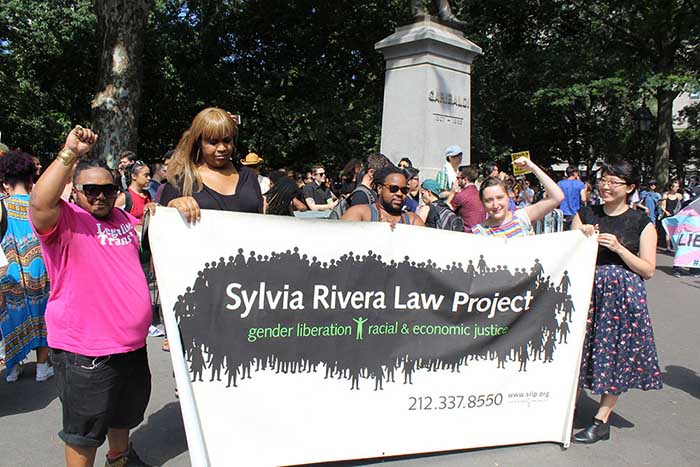
Transgender Law Center
The Transgender Law Center is an advocacy organization that fights for the cause of transgender and gender non-conforming people.
These include providing legal aid, helping change names and gender markers in documents, and providing information about transgender equality issues.
They go beyond policy advocacy and litigation to educate their communities on issues affecting transgenders.
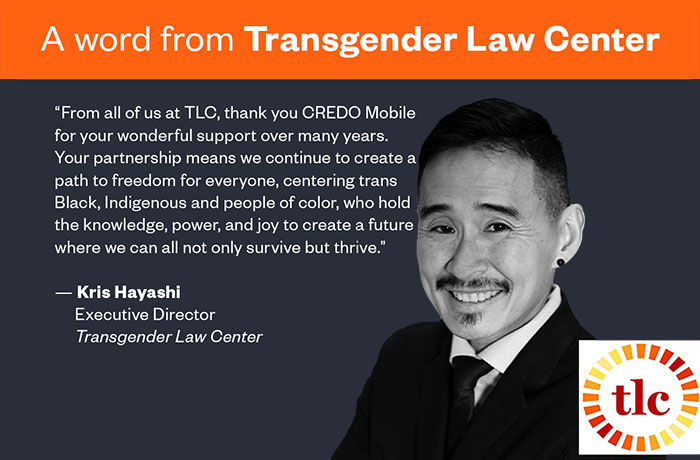
Trans Youth Family Allies
Trans Youth Family Allied emphasizes offering support to families of transgender kids and promoting the rights of young transgender people.
Guides meant for parents, school/college teachers, and health personnel focus on the need for people in a family to accept each other and understand one another’s actions.
These individuals also set up support networks for families dealing with the complicated issues associated with raising transgender kids.

World Professional Association For Transgender Health (WPATH)
WPATH is a global professional organization specializing in the study of transgender issues, with gender dysphoria being one of them.
WPATH provides advice to healthcare providers, researchers, and policymakers in regard to transgender health.
These include guidelines on the quality of transgender healthcare services, ethical factors, and advances in recent research on transgender health.
The organizations support transgender individuals, provide allies with resources, and campaign for pro-inclusion and equality policies.
Through accessing these resources, each individual contributes to developing an inclusive society that is more understanding of transgender issues.
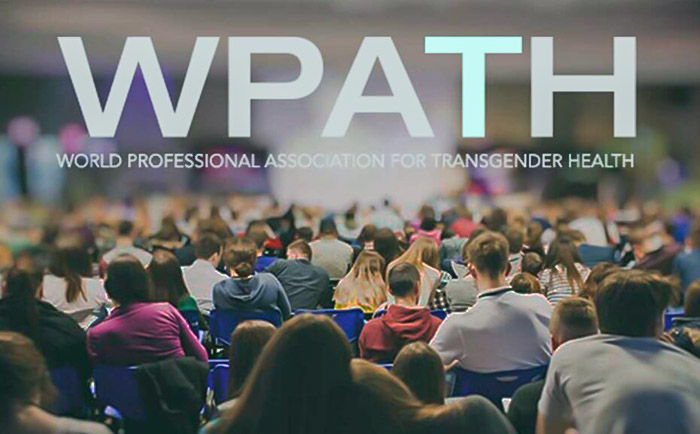
Conclusion
Learning to accept the lives of transgender people as part of ensuring a diverse-loving community cannot be overemphasized.
When answering normal questions and breaking myths about that, we ensure every person’s gender identity gets respected.
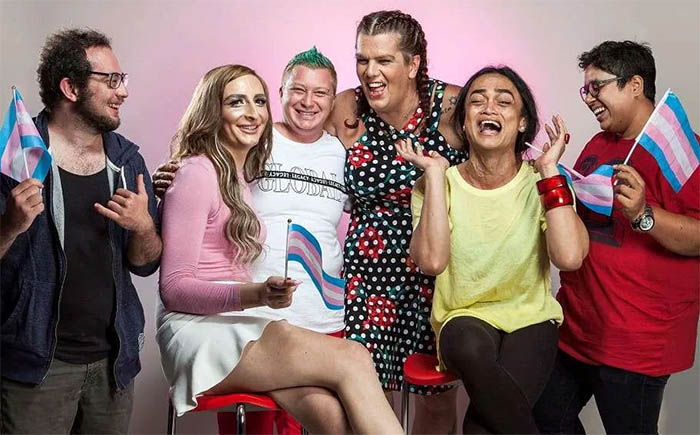
Transgender people, together with their supporters, rely on assistance, resources, and advocacy provided by these organizations in their daily strivings.
Together, through education, acceptance, and ongoing conversations, we create a world in which transgender rights are respected, they get to be themselves, and they find a place in society based on their worthiness and not their labels.

 Basic Packers
Basic Packers Pack & Play
Pack & Play STP
STP